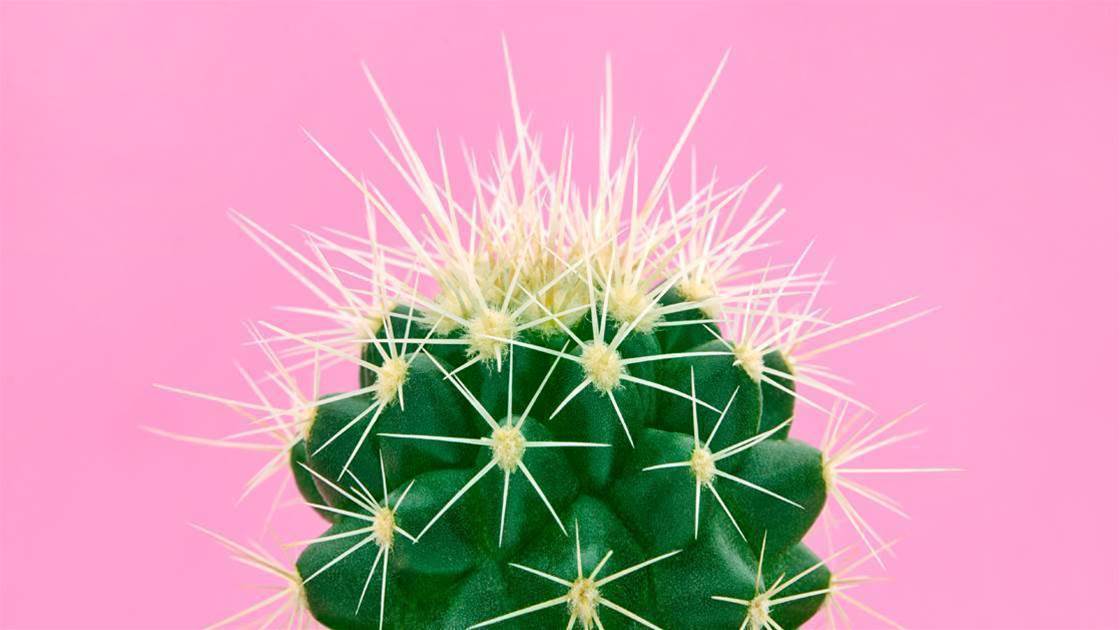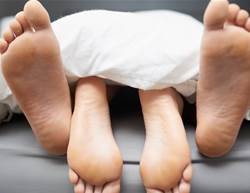Even the most healthy lifestyle can be knocked off course by vaginal dryness, whether it’s temporary or long-lasting. It can happen for a variety of reasons and at various life stages.
It’s a particular problem after menopause, but breastfeeding, chemotherapy and stress can each result in low oestrogen levels, which in turn sabotage the ability of vaginal tissue to stay lubricated and elastic. And some medications (antihistamines and decongestants, for example) can have a negative impact as well.
Too many women, though, suffer silently, not realising that relief is available. So here are answers to some common questions.
What’s the first thing I should do?
The simplest, most cost-effective solution is an over-the-counter lubricant. Look for one that is water-based with long staying power. Some, like Aci-Jel Restore, provide relief for up to three days. (It also comes with a hygienic single-use applicator.)
Can menopausal women use them?
Yes. Around a quarter of women experience vaginal dryness during and after menopause. A long-acting over-the-counter lubricant, like Aci-Jel Restore, line the inside of the vagina, providing soothing, continuous moisture and comfort. The gel stays in place for several days allowing it to be absorbed by the vaginal walls. However, not all lubricants are non-hormonal and therefore may not be suitable for use with Hormone Replacement Therapy (HRT).
What are other reasons for feeling dry there?
Certain medicines, such as allergy treatments or antidepressants, can also dry the vagina and vaginal tissues. Even excessive exercise can also be a culprit. Once again over-the-counter lubricants are the most common treatment. Look for ones that are free of parabens and hormones.
The bottom line
Vaginal lubricants are an easy way to get long-lasting, soothing relief from dryness, itching, irritation and discomfort. Always read the label and use only as directed. If your symptoms persist talk to your GP.










